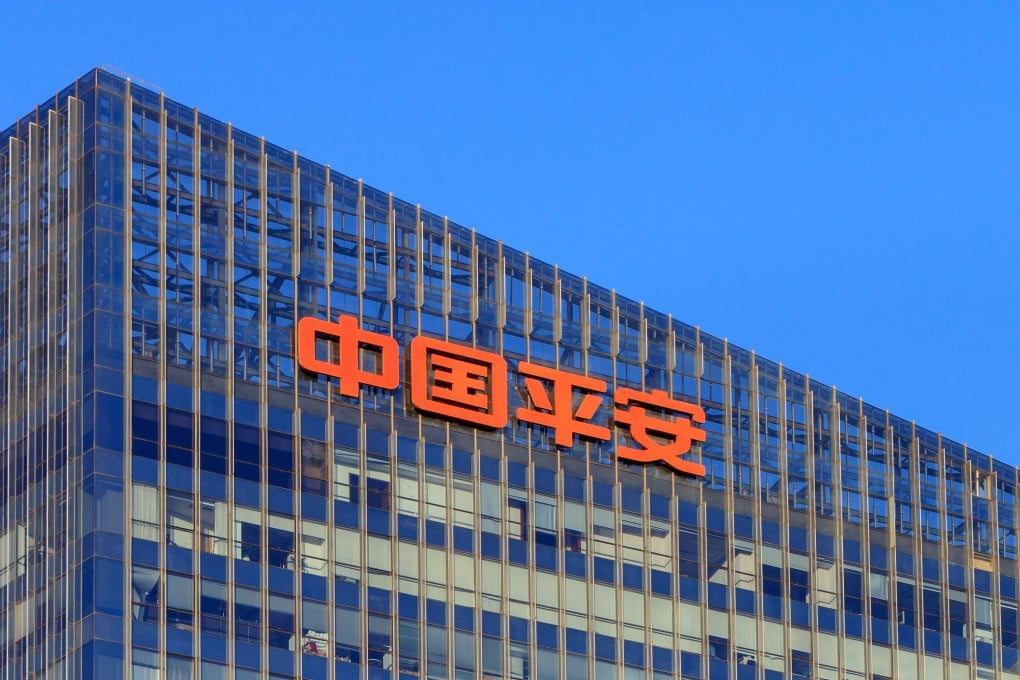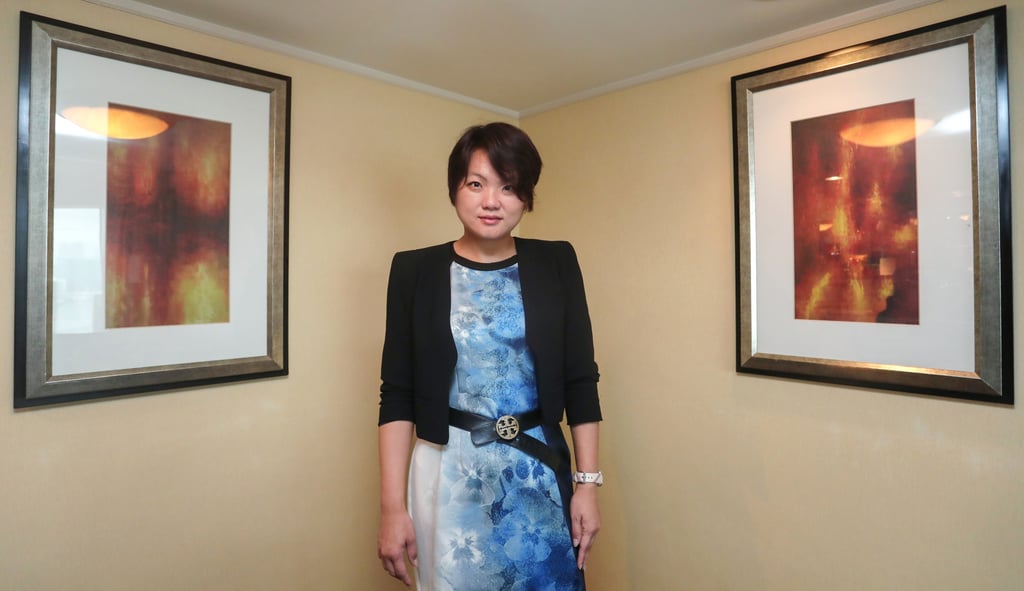Ping An supports ‘any proposal’ to improve HSBC as the bank’s No. 1 shareholder puts its weight behind break-up call for the first time
- Ping An Insurance, the single-largest shareholder in HSBC, takes its stake in HSBC ‘very seriously,’ co-CEO Tan says in interview
- HSBC’s top management has resisted calls to break up its Asian business, citing costs and risks

“HSBC is one of the many investments we make from our insurance policyholder funds,” the Shenzhen-based insurer’s co-CEO Jessica Tan Sin-yin said during an interview with the South China Morning Post. “We therefore take every individual investment seriously because these are all policyholder funds to get good shareholder returns.”
Ping An has generated 5.7 per cent returns on average for the long-term policy holders with 4.2 trillion yuan (US$614 billion) in aggregate policyholder funds, and “we take the investment very seriously,” she reiterated.

In Toto Consulting, a Hong Kong-based due diligence advisory firm, issued a report earlier this month that listed three possible options for revamp. Ping An has declined to confirm or deny that it commissioned the report.